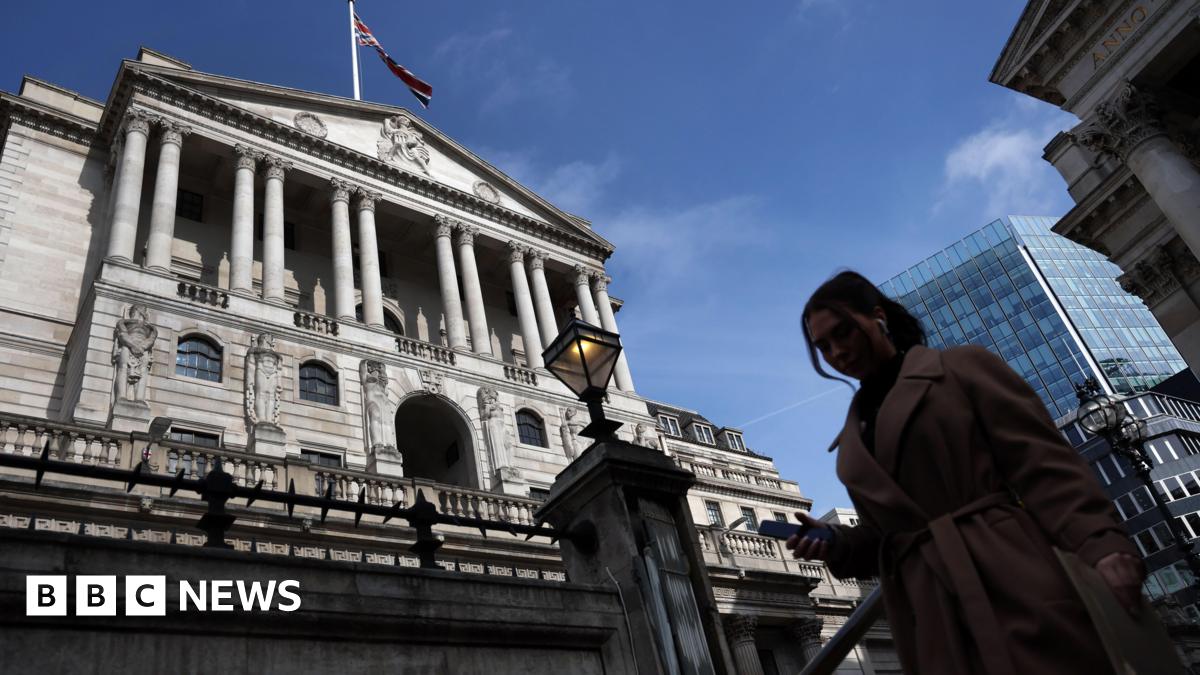Who is likely to be affected by today’s decision?published at 11:41 GMT
Michael Race
Business and economics reporter, at the Bank of England
Depending on your individual circumstances, interest rates can impact you in different ways.
Mortgage holders with variable or tracker mortgages, or those who are looking to secure new fixed-rate deals, will face a change in their monthly repayments if rates are altered.
If rates are higher, it becomes harder generally for first-time buyers, as it becomes more expensive to borrow money for a mortgage.
Higher rates tend to mean increased charges for unsecured loans and credit cards, but people with savings should benefit from higher interest rates and get better returns on their money.
Lower rates, while making it cheaper to borrow, mean banks tend to offer lower returns on savings.
Higher rates could also be good news for those on the cusp of retirement, who might get a better annuity rate.
This determines how much guaranteed income you get, when you swap some or all of your pension pot for a secure income.
For the government though, higher interest rates in recent times have meant it has had to pay more interest on the country’s debt.
The cost of government borrowing has been in the spotlight in recent months, with speculation that Chancellor Rachel Reeves could raise taxes in the Budget on 26 November.
